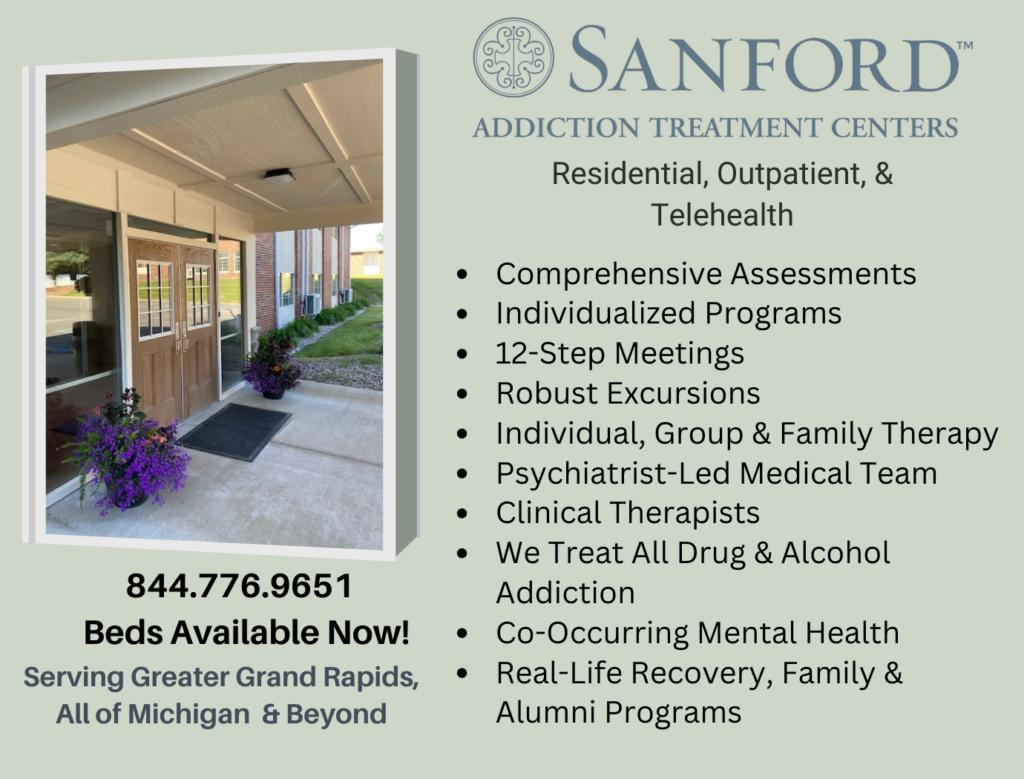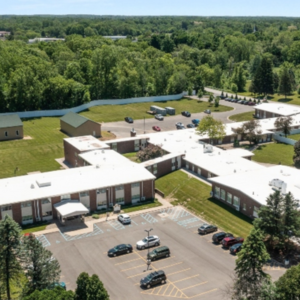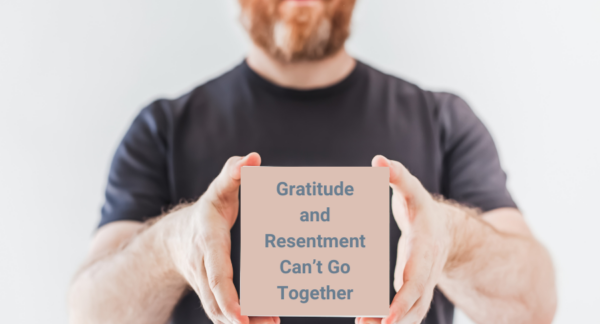When Experience is Therapeutic – Limelight Interview
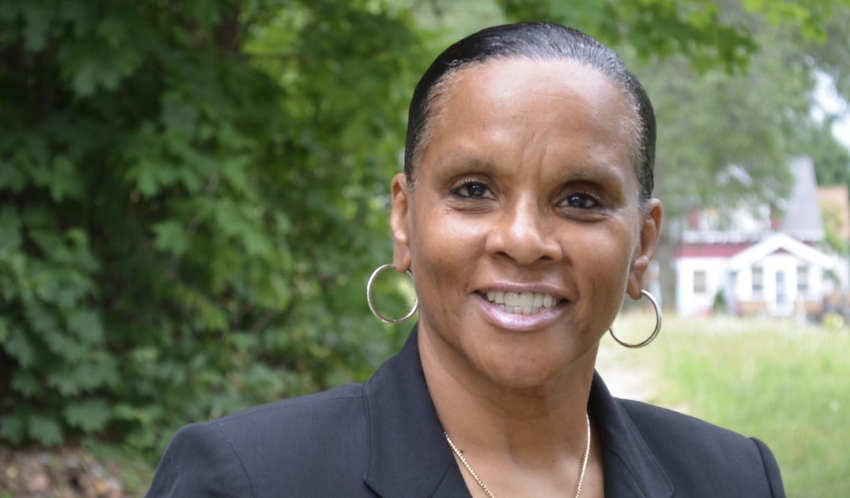
Clinical therapist Shellie Cole-Mickens, MA, LLPC, CADC
At Sanford Behavioral Health, our client’s treatment is enhanced by the relationship they establish with their primary therapist. Today in the Limelight Interview, we focus on clinical therapist Shellie Cole-Mickens. Shellie is a powerhouse who founded Our House of Blessings, which offers sanctuary and support for women ex-offenders or those with mental health and substance use issues. Our clients are fortunate to know her and benefit from her life experience.
“Although I have professional degrees and certifications and all that wonderful stuff, my experience of traveling and navigating the terrain many of our clients navigate is precious. Another way to say it is my experience is therapeutic. The therapeutic value of one recovering person helping another is without parallel. There’s nothing like it in the world.” Shellie Cole-Mickens, MA, LLPC, CADC
Limelight Interview: Shellie Cole-Mickens, MA, LLPC, CADC
SBH – You are a clinical therapist at Sanford Behavioral Health. Why don’t we start by having you tell us a little bit about yourself?
Shellie Cole-Mickens – I was hired as a therapist, but initially part-time. And then I really loved Sanford. I’m telling you, I love Sanford Behavioral Health. I decided after a couple of months to come on full-time. I work as a therapist in residential treatment at Sanford West Behavioral Health Campus. I have worked with people with mental health and substance use disorders (SUD) for over two decades, and I am passionate about this kind of work.
SHB – What is your primary focus? How do you personalize your work?
Shellie Cole-Mickens – I do group, individual, and family therapy. Engaging family in a person’s treatment process is very important as addiction is a family disease. I have an eclectic or integrated approach and draw upon theoretical orientation and techniques from varied methods—a combination of cognitive behavioral therapy, dialectical behavioral therapy, seeking safety, and other best practices. I have a master’s degree in counseling. I have a bachelor’s degree in social work, and I’m also a certified alcohol and addictions counselor and a certified recovery coach in Michigan.
I also have a Ph.D. in – you ready for this – prisons, hospitals, and detox centers. Which means I’ve been to prison, numerous hospitals, and detox centers. I’m a recovering addict, and I just celebrated 29 years clean and sober on April 26th!
SBH – Congratulations. How does your experience provide value for your clients in treatment?
Shellie Cole-Mickens – Thank you, thank you. Although I have professional degrees and certifications and all that wonderful stuff, my experience traveling and navigating the terrain many of our clients navigate is precious. Another way to say it is my experience is therapeutic. The therapeutic value of one recovering person helping another is without parallel. There’s nothing like it in the world.
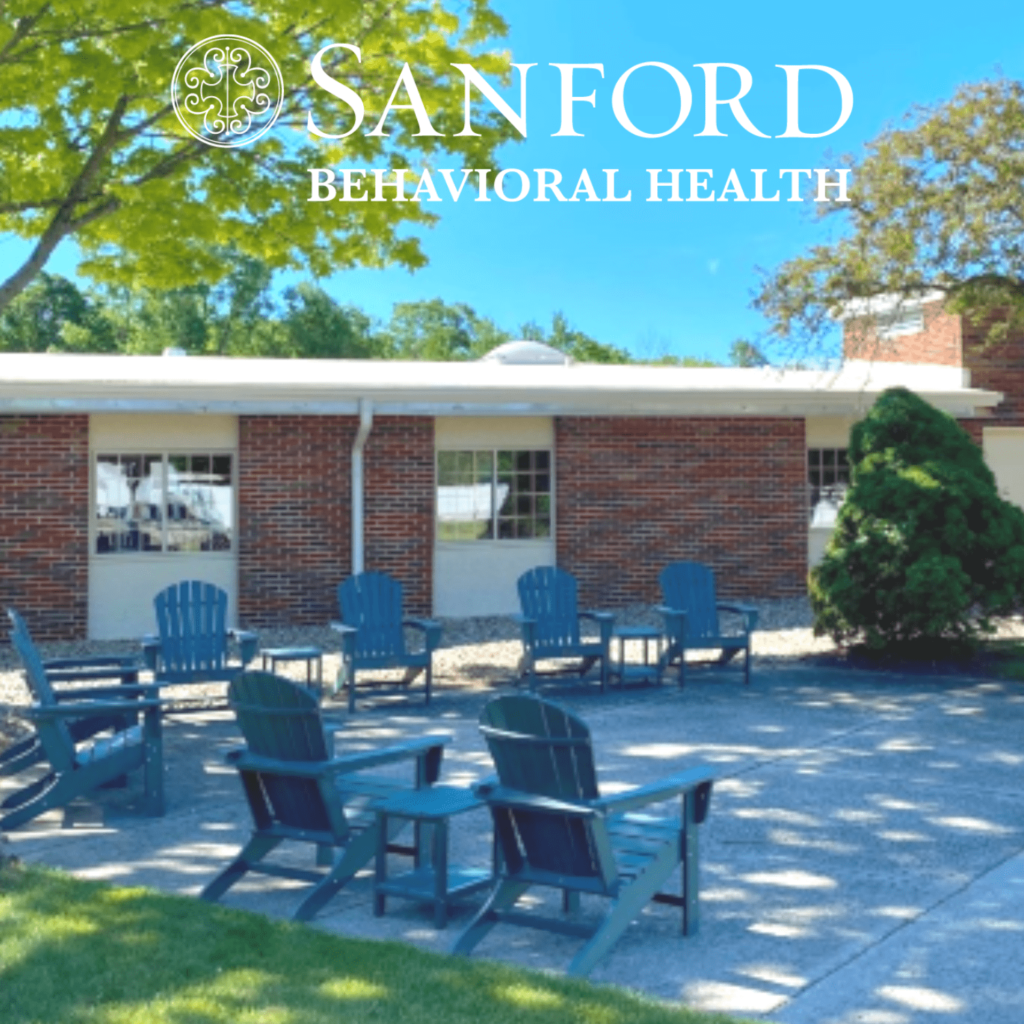
Taking therapy outdoors at Sanford West Behavioral Health Campus.
SBH – Could you tell us about your history?
Shellie Cole-Mickens – Now we have assertive community treatment and community-based programs, but growing up, my mother was institutionalized in state and local psychiatric facilities, and my father was an alcoholic. What I do professionally was born out of my pain of navigating systems as a child from foster homes to prison. I have clear and defined professional boundaries when I’m working with clients. However, I also know when to interject my experience to help a client in terms of identification to give them experience, strength, and hope. If I can get clean and stay in the process of recovery, or people like myself can, so can you.
At Sanford, we have a “recovery-oriented system of care,” a continuum of care. Twenty-nine years ago, it was either mental health or SUD, and you were sent up the road for SUD and down the road for mental health. Our current continuum did not exist when I was starting out. I am open about the fact that I went to prison because it is a crucial part of my process, and it’s where I began to formulate what I wanted to do. I decided to do something to make a difference so that people didn’t have the challenge and the difficulty getting the help they deserve that I faced.
SBH – What did you do to make a difference?
Shellie Cole-Mickens – I started my recovery housing, House of Blessings, in 1999 in the inner city of Grand Rapids. I didn’t have a board. I didn’t have finances. I had a vision from God. And with a vision from God comes provision. I ended up renovating a former crack house that was an eyesore in the community. I’m from the inner city of Grand Rapids, and I provide housing and support services for women who experience challenges due to mental health and substance use issues. Becoming a therapist was the next step in a natural evolution. The rest is history.
SBH – What is the key to recovery from a substance use disorder?
Shellie Cole-Mickens – Decision. And I say that because a person must decide that they want to get sober and stay on the healing journey. After that, there are other decisions that you have to make. There are various pathways to recovery, so you choose the path you will take, and you stay committed to your commitment to recovery. You continue getting the help that you deserve. You can write this down, quote me on this: you can be prayed over, analyzed, threatened, beaten, or locked up, and you are not going to stop and stay stopped until you decide that you’re going to stop and stay stopped. Addiction is a brain disease – all that is true. But you still have to decide to make positive choices that make the stages of recovery possible.

Sanford West Behavioral Health Campus
SBH – What about the pitfalls?
Shellie Cole-Mickens – Relapse is a reality. It can, and it does happen. But relapse is not a part of recovery. I cringe when I hear people say that. However, a relapse can be the jarring experience that helps bring about a more rigorous application of a person’s program.
SBH – Tell us about the eclectic, fun part of your job.
Shellie Cole-Mickens – I am huge on helping people identify and manage their “feelings.” I believe you feel the way you feel partly because you think the way you think and vice versa. Every decision we make is rooted in a feeling. We want to feel more of the feelings that we want to feel or less of the feelings that we don’t want to feel. Helping people learn how to identify and manage their thoughts and feelings is vital to recovery. Drinking or drugging is rooted in feelings. If you drink or use to manage your emotions, the substance is your solution, and the solution becomes the problem. So it’s important to deal with the underlying issues and experience “eureka moments” with our clients.
SBH – What is unique about Sanford Behavioral Health?
Shellie Cole-Mickens – It’s amazing that you can get everything under one umbrella here at Sanford. You can go straight from detox at Sanford West down the hall to residential treatment or one of the beautiful historic houses that serve as treatment facilities. There’s also a co-occurring unit, an Eating Disorder Program, Partial Hospitalization Program (PHP), Intensive Outpatient Program (IOP), an Outpatient Program, and Supportive Living (SL), and every person’s treatment plan is individualized.
SBH – What is your favorite journey?
Shellie Cole-Mickens – My recovery journey. My recovery journey! I have grown children who have graduated from college, and I graduated with multiple degrees. But my recovery journey, staying on this journey one day at a time, and facing the challenges is my favorite. I am passionate about this journey, and I am helping other people in recovery. I live, breathe, sleep it, you know?
SBH – Anything else you’d like to say?
Shellie Cole-Mickens – Yes. Earlier, I said I love Sanford Behavioral Health. There are several reasons why. I love the staff. I love the variety and the fact that many of the team are in recovery. Not only do they have the life experience, but they also have the educational background and professional experience. But more than that, the staff are constantly prepared and trained to meet the challenges of our clients. I love the Green’s professional standards, values and expectations, and they invest in preparing the team. The physical aesthetics of the Sanford facilities make staff and clients feel welcome to work and recover in an amazing atmosphere.
SBH – Thank you, Shellie!
